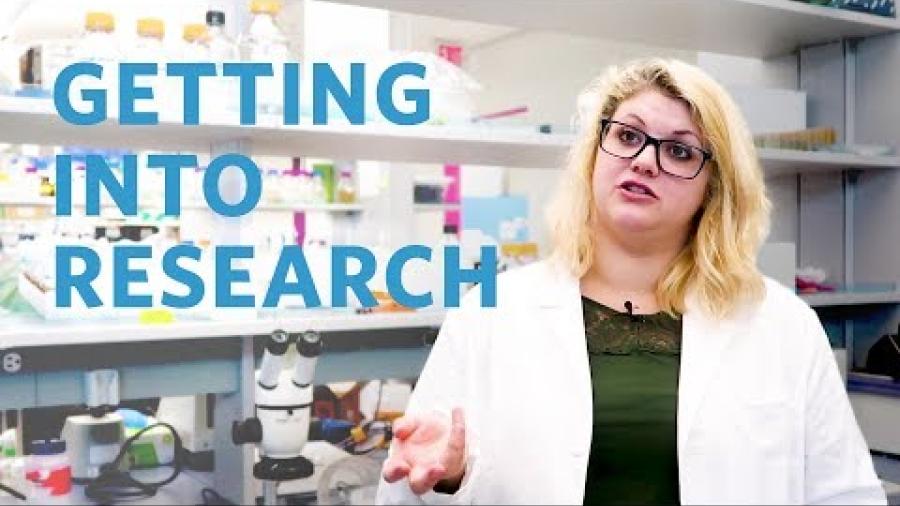
Research at UBC Science
We celebrate the research interests and achievements of our Science students. Teams like SCI Team help you find research opportunities, the Science Undergraduate Research Spotlight highlights the excellent work being done across our Faculty and the students behind the work, and various research awards are granted annually.
Navigation
Research awards
Many opportunities require preparation in advance of the application deadline. Be sure to check the page of the award you are interested in for details such as timeline.
| Award | About |
| Science Undergraduate Research Experience Awards (SURE) | Science students can work on a full-time research project during the Summer Session with a faculty supervisor for at least 8 consecutive weeks. |
| Enhanced Science Undergraduate Research Experience Awards (EnSURE) | Students can work on a full-time or part-time research project during the Summer Session with a faculty supervisor. Full-time projects require at least 8 consecutive weeks, while part-time projects require 8 to 16 weeks of 10 to 20 working hours per week. |
| Natural Sciences and Engineering Research Council of Canada (NSERC) Undergraduate Student Research Awards | Domestic students can work full-time with an eligible faculty member on a research project during the Summer or Winter Session for 14 to 16 consecutive weeks. |
| Work Learn International Undergraduate Research Awards | International students can work on a full-time research project during the Summer Session with a faculty supervisor for 14 to 16 consecutive weeks. |
Getting into research
Attend the Get Into Research event on November 26, 2025 to hear from UBC researchers about their experience, and venture out into active research labs on campus.
You can also learn about how Jared (Physics and Astronomy lecturer), Amanda (postdoctoral researcher), and Andy (fourth-year Physics major) got into research as undergraduate students.

Collaborating with peers
UBC fosters a community that learns together. Students can find involvement opportunities with various labs across research disciplines, such as the Mizumoto Lab (Zoology) or the TRIUMF lab (Chemistry), amongst many more.
Undergraduate students can also apply to UBC Science Co-op for research opportunities. UBC Science Co-op is one of Canada’s biggest co-op programs that helps 3,000 domestic and international students take on global paid job placements every year.
The Science Spotlight on Undergraduate Research showcases the diversity of research happening across our Faculty, as well as the people who are doing it. This includes research that ranges from course-based group projects to directed studies research to volunteering or working in a lab or even published research articles. A selection of submissions are displayed on screens in Science buildings.
Additional opportunities
- Canadian Institutes of Health Research (CIHR) and Social Sciences and Humanities Research Council of Canada (SSHRC) USRA: These research awards are currently exclusively for Canadian Black student researchers.
- BRC Undergraduate Diversity Research Grants Program: This program presents mentorship and research opportunities for students who self-identify as IBPOC and are studying biological sciences.
- Launchpad Program: This program presents an opportunity for Indigenous students to join a top-tier research group in the Department of Physics and Astronomy over the summer.
- Data Science for Social Good (DSSG) Program: The DSSG program is an interdisciplinary summer research program focusing on data-intensive projects.
- Faculty of Medicine Summer Student Research Program (FoM SSRP): Students can undertake a summer project focusing on health research, supervised by a Faculty of Medicine researcher.
- Government of Japan’s Ministry of Education, Culture, Sports, Science and Technology (MEXT): Scholarships are offered to foreign students who wish to study at Japanese universities.
- Work Learn Program: Work Learn includes part-time research or non-research work experience with employers at or affiliated with UBC Vancouver.
- Multidisciplinary Undergraduate Research Conference (MURC): Students can present their research at the annual MURC conference along with peers, or volunteer to help make the conference a success while networking with researchers and fellow students.